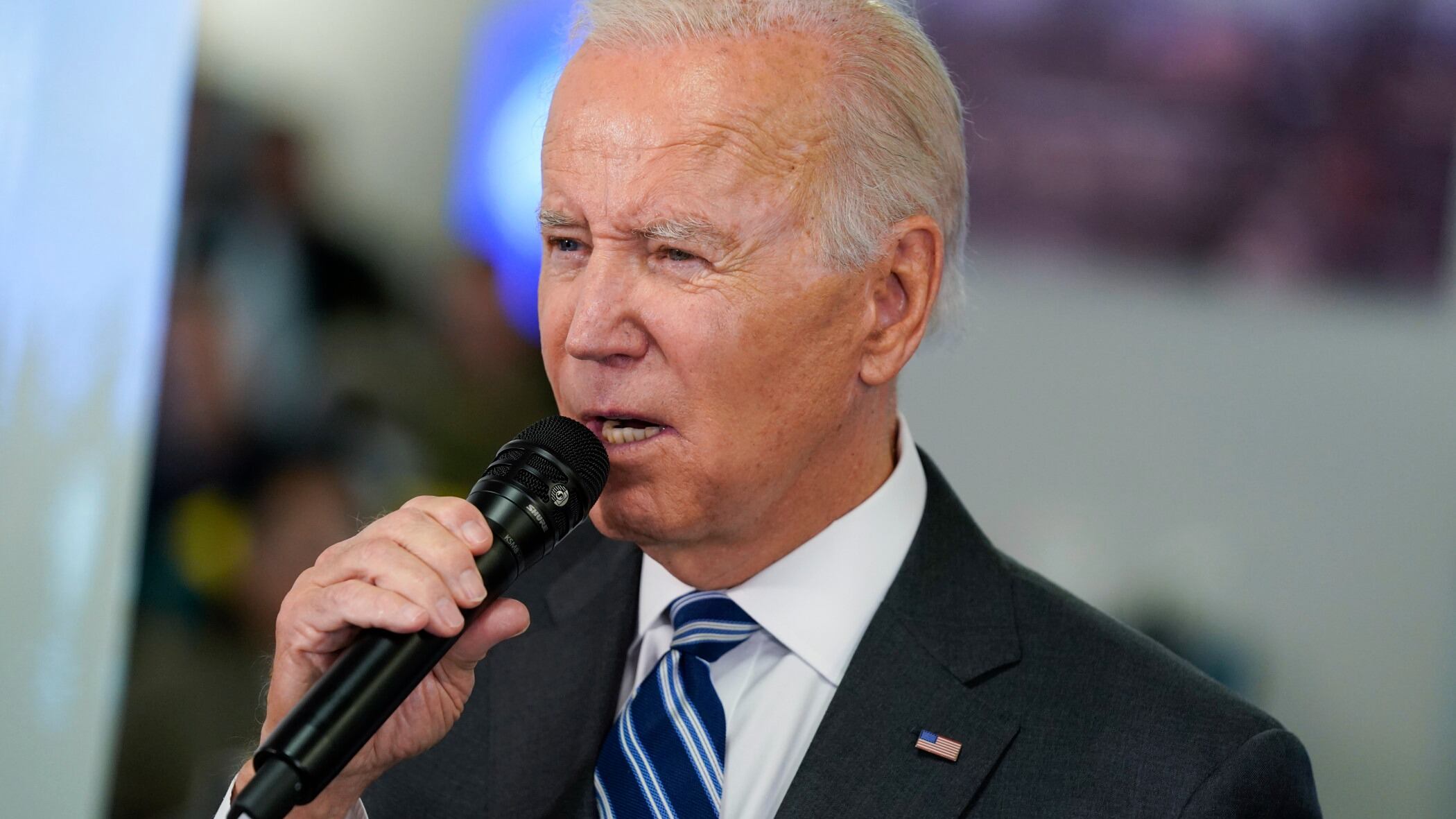Millions of Medicaid recipients could find relief in the form of food shopping funds as the Biden administration begins approving state requests to use the coverage for groceries.
It's part of a larger movement that identifies "food as medicine" as priority in a person's healthcare plan.
A study by the National Institute on Minority Health and Health Disparities found a correlation between food insecurity and poor health. People that lacked access to nutritious food options showed increased risk for chronic problems like diabetes, heart disease, obesity and mental health disorders.
The move is being met with opposition from those who say including food in Medicaid coverage is an unnecessary expansion.
"This is really the first I've seen the federal government push food and air conditioners and other things as allowable. We already have the SNAP program," Gary D. Alexander, head of the Medicaid and Health Safety Net Initiative for Paragon health Institute, told The Wall Street Journal.
Last year, pilot programs in Arkansas, Massachusetts and Oregon were tested that allowed the states to spend millions in federal and state funds on health needs and included variations of healthy-meal preparation and nutrition counseling.
"We're able to cover cooking classes and nutrition classes," James Schroder, interim director of the Oregon Health Authority said. "We can do up to six months of what we call 'food and veggie RX.' And up to six months of medically tailored meals."
People ages 19 through 24 who were at high risk for long-term poverty were able to receive coverage for nutritional services in Arkansas, while Massachusetts provided home-delivered meals for up to six months as well as "food prescriptions."









